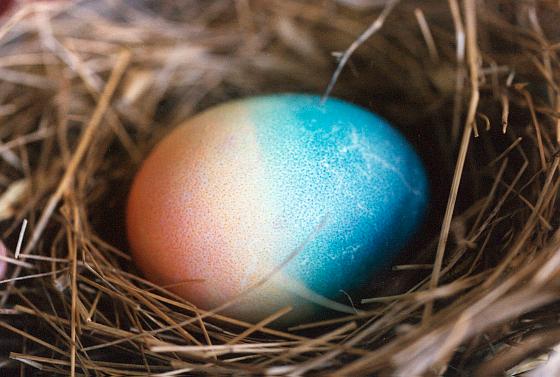Theological Tuesdays: Easter

 Easter. Where did it come from and where did it start? And who in the heck decides what day it is on? I always knew it had something to do with the full moons, so lets jump in.
Easter. Where did it come from and where did it start? And who in the heck decides what day it is on? I always knew it had something to do with the full moons, so lets jump in.
What's it about:
Easter is derived from a Norse word which means "Spring." It is also derived from Pesach, the Hebrew name for Passover. This holiday refers to the Christian festival which celebrates Jesus' resurrection. It is considered the most significant of all Christian festivals, because its celebration focuses on "the redemptive act of God in the death and resurrection of Jesus Christ."
The History:
The Gospels indicate that the events culminating in the death and resurrection of Jesus took place during the Passover, a Jewish festival which was in memory of the Exodus from Egypt and preparation started on the 14th of Nisan, the first month in the Jewish calendar. The Gospels aslo describe that Jesus died on a Friday, "the day before the sabbath," (Mark 15:42) and was resurrected on the first day of the week-Sunday(Mark 16:2-6). Since then, the first day of the week Sunday has became a customary time for Christians to meet and worship our risen Lord. The earliest primary source referencing Easter is found in the 2nd Century and characterizes the celebration as being well established.
Early Dates of Easter:
In the early Church there were disputes as to when to celebrate Easter. Since the death and resurrection of Jesus is intricately woven with the Jewish Passover, many early Christians stuck to celebrating Easter on the 14th of Nisan when preparation for Passover begins and the Passover lambs are slain. (Note: Paul refers to Jesus as the Passover Lamb in 1 Corinthians 5:7.) Other Christians wanted to celebrate Easter not on the 14th of Nisan which could fall on a weekday but rather on Sunday which was the day of the resurrection.
Calculating Easter Today:
Since the Christianization of Passover, the Church began to place more emphasis on the Friday/Sunday--death/resurrection sequence and decided to come up with a different method of calucalting the date that wasn't correlated with the Jewish Passover. So in 325AD the Council of Nicaea fixed the date of Easter as the first Sunday after the first full moon on or after the day of the vernal equinox. What does this mean, haha? The vernal equinox is the astronomical first day of Spring and occurs on March 21. So to explain that better we now can say that Easter is the first Sunday following the first full moon on or after March 21st. So Easter will always be between March 22 and April 25.
Let's be in celebration this week that we have a God who came and died on a cross and that on the third day he rose again. Who really cares what a vernal equinox is, the only thing that matters is that Jesus Christ is Risen! Have a good week yall.








No comments:
Post a Comment